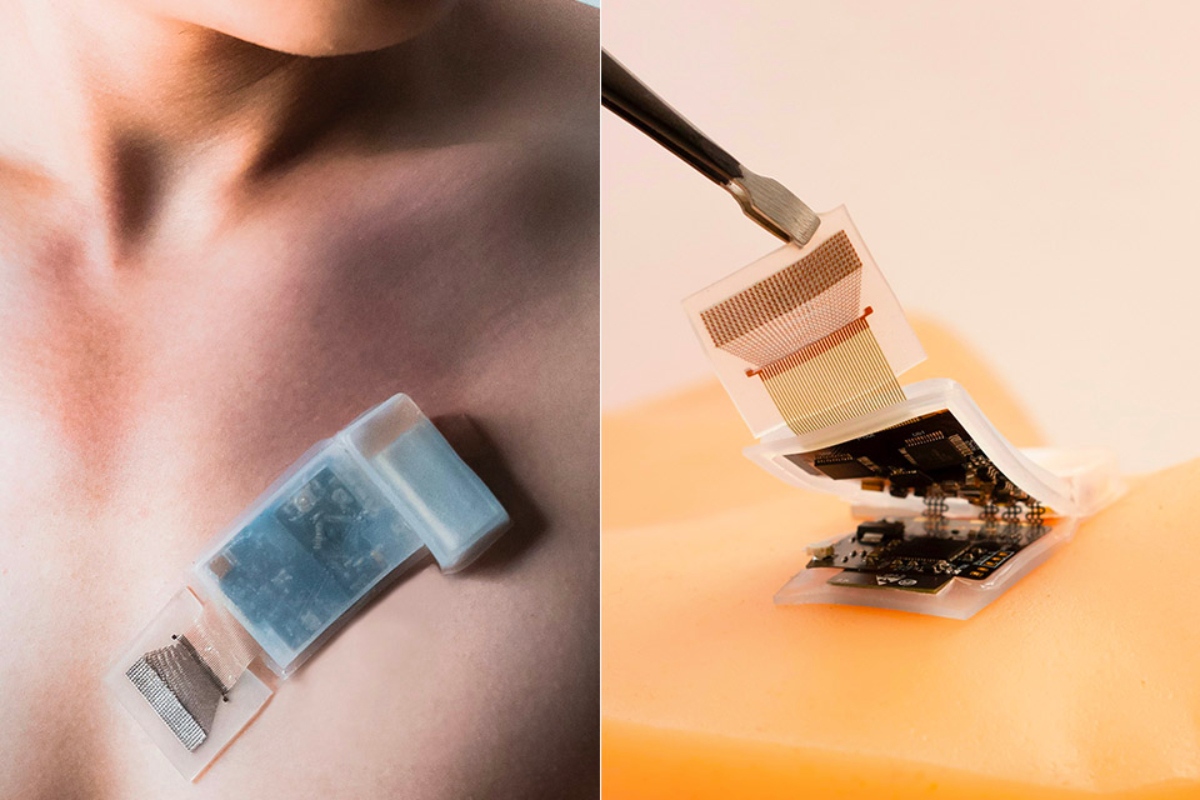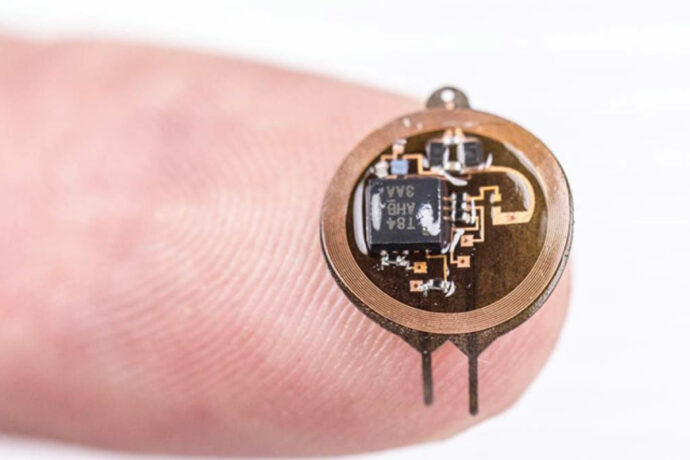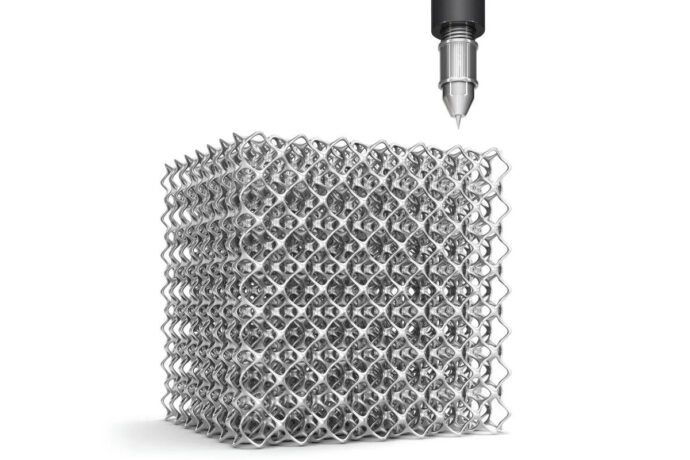
A groundbreaking innovation from MIT engineers has paved the way for continuous monitoring of organ stiffness through a tiny ultrasound sticker. With the potential to detect diseases like liver and kidney failure at early stages, this development marks a significant advancement in healthcare technology.
1. Development of Ultrasound Sticker:
MIT engineers have created a postage stamp-sized ultrasound sticker capable of monitoring the stiffness of internal organs.
Published in Science Advances, the sensor can transmit sound waves through the skin into the body, where they reflect off internal organs and back to the sticker, enabling the measurement and tracking of organ rigidity.
2. Significance for Early Disease Detection:
Continuous monitoring of organ stiffness is crucial for early diagnosis of diseases like liver and kidney failure.
The sticker’s ability to detect subtle changes over time, demonstrated in experiments lasting 48 hours, holds promise for detecting the progression of diseases at their onset.
3. Application in Healthcare Settings:
In the ICU, the ultrasound sticker could revolutionize post-organ transplant care by providing continuous monitoring of organ stiffness.
Researchers envision adhering the sticker to patients after transplant surgeries to monitor organ health in real-time and enable prompt intervention in case of acute failure.
4. Technical Advancements and Experiments:
The sticker builds on previous ultrasound imaging technology, focusing on detecting shear waves to determine organ rigidity.
Through meticulous fabrication techniques, the team miniaturized ultrasound technology to fit onto a small chip with adhesive hydrogel for skin attachment.
Preliminary experiments in rats demonstrated the sticker’s ability to monitor liver stiffness continuously and detect early signs of acute liver failure.
5. Future Directions and Impact:
Collaborating with clinicians, researchers aim to adapt the sticker for patient use in ICU settings.
Future iterations may include a more portable, self-contained version for home use, enabling long-term monitoring of conditions such as solid tumor progression.
The technology holds the potential to revolutionize healthcare by providing non-invasive, continuous monitoring of vital organ health, leading to early disease detection and improved patient outcomes.
MIT’s ultrasound sticker represents a significant advancement in healthcare technology, offering the possibility of continuous monitoring of organ stiffness for early disease detection. With its potential applications in post-transplant care and home monitoring, this innovation holds promise for transforming healthcare delivery and improving patient outcomes in the future.



